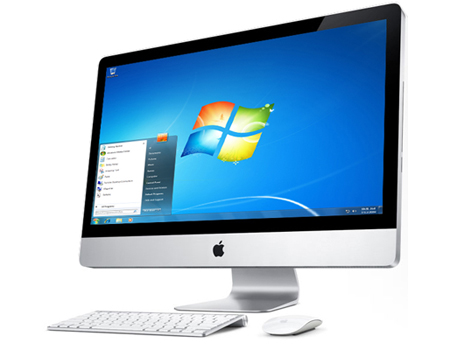Will Printed Newspapers Survive With Straightforward On-line Access To News?
 I simply acquired deleted from Has this happened to anybody else? I uploaded my hubs on Thursday and was deleted immediately, I do not know what I did incorrect.
I simply acquired deleted from Has this happened to anybody else? I uploaded my hubs on Thursday and was deleted immediately, I do not know what I did incorrect.
I have lately finished studying Running a blog and Tweeting with out Getting Sued: A global information to the legislation for anybody writing on-line (affiliate link) by media law expert, Mark Pearson. I used to be drawn to this book in the first place, as I’ve witnessed firsthand quite a little bit of unsavoury online behaviour of late each personally and within the media and was keen to get a bit more information as to the place that imaginary line in the sand is and to be able to share that information with fellow online users. This put up provides a summary of the principle points mentioned in this guide.
I was drawn to this guide as a result of it …
Continue reading Recent statistics present Gadget Blogs and Weblogs usually are rising at a sooner pace as compared with websites being created or launched on the internet. But earlier than you completely freak out and invest your life savings stocking up on all issues chocolate, there may be nonetheless hope: Mars candy firm has joined forces with the University of California Berkley, they usually think they could have the ability to save the way forward for cacao crops. Expertise and the gathering of any pupil knowledge always raises the specter of pupil privateness issues. And a few fear that college students exercising on their very own might miss out on essential social ideas comparable to teamwork.
Recent statistics present Gadget Blogs and Weblogs usually are rising at a sooner pace as compared with websites being created or launched on the internet. But earlier than you completely freak out and invest your life savings stocking up on all issues chocolate, there may be nonetheless hope: Mars candy firm has joined forces with the University of California Berkley, they usually think they could have the ability to save the way forward for cacao crops. Expertise and the gathering of any pupil knowledge always raises the specter of pupil privateness issues. And a few fear that college students exercising on their very own might miss out on essential social ideas comparable to teamwork. Applied sciences like VoIP, The Cloud”, XaaS, Virtual Hosted PBX, Converged Networks and BYOD result in more questions than solutions.
Applied sciences like VoIP, The Cloud”, XaaS, Virtual Hosted PBX, Converged Networks and BYOD result in more questions than solutions. There are a selection of latest know-how devices due out subsequent year or late this year, and they’re on the very reducing fringe of know-how, probably hitting the shop shelves by Christmas generally. Advertisers, entrepreneurs and media planners 20 years ago had only a few clearly defined channels to select from – most of them mass media in nature to choose from – whereas digital technologies have splintered media into numerous niches, channels and segments immediately. Think about the diagram under. A number of days ago, I posted an article about Emirates Airlines adopting a new know-how that enables for the protected use of cell phones throughout flight. Properly, the dubai-based airline is at it again – together with a number of other airways – breaking new ground by offering vacationers with a superior in-flight leisure system.
There are a selection of latest know-how devices due out subsequent year or late this year, and they’re on the very reducing fringe of know-how, probably hitting the shop shelves by Christmas generally. Advertisers, entrepreneurs and media planners 20 years ago had only a few clearly defined channels to select from – most of them mass media in nature to choose from – whereas digital technologies have splintered media into numerous niches, channels and segments immediately. Think about the diagram under. A number of days ago, I posted an article about Emirates Airlines adopting a new know-how that enables for the protected use of cell phones throughout flight. Properly, the dubai-based airline is at it again – together with a number of other airways – breaking new ground by offering vacationers with a superior in-flight leisure system.